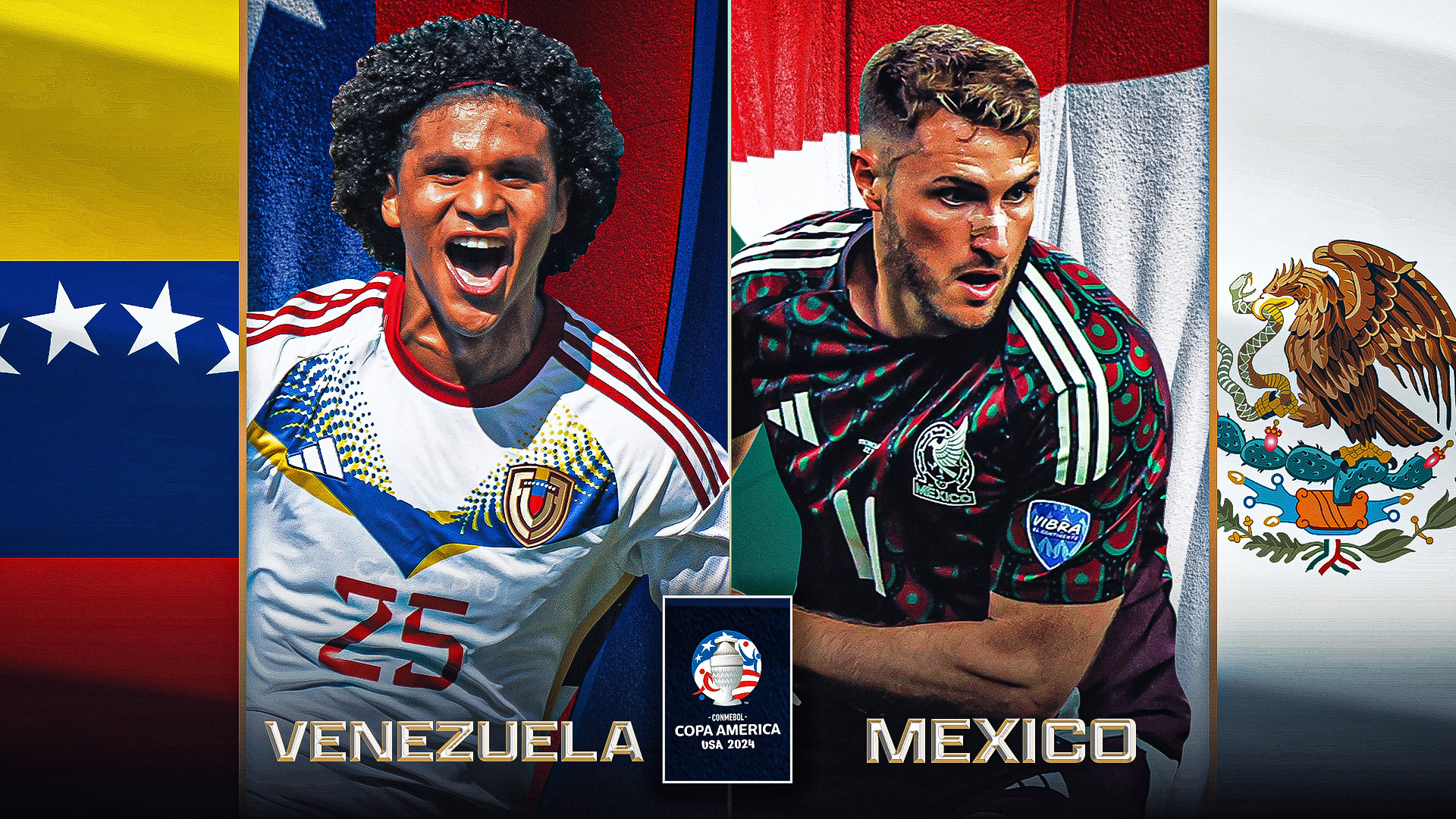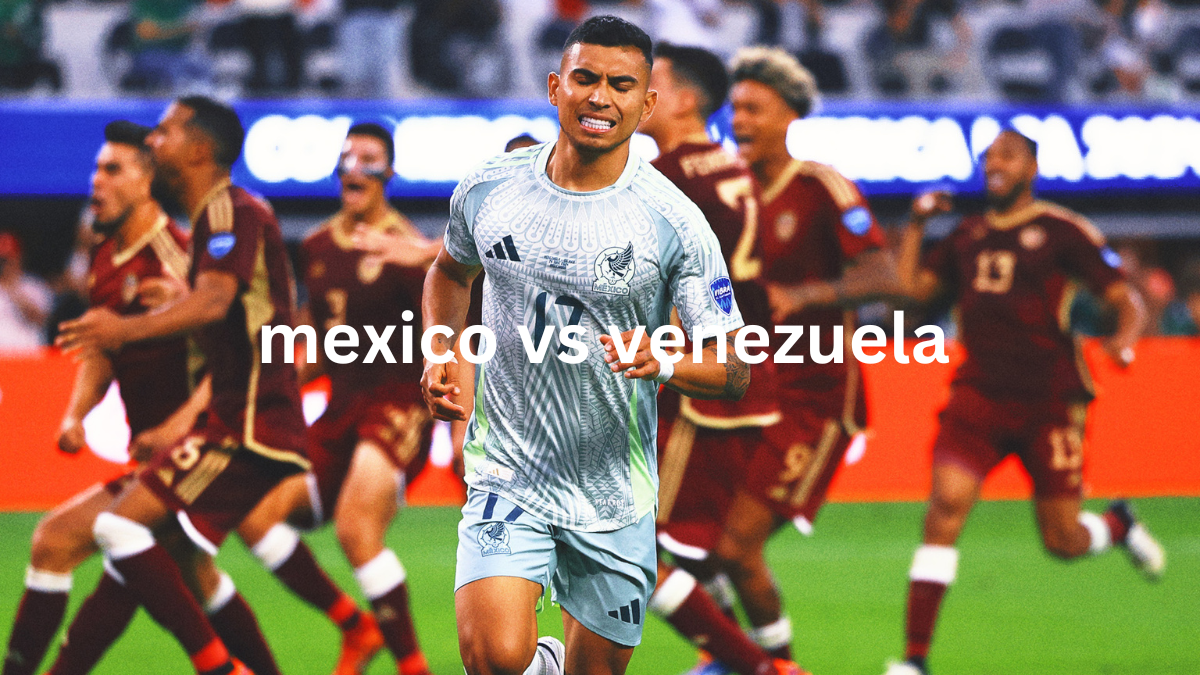The vibrant tapestry of mexico vs venezuela Latin America encompasses a diverse range of cultures, histories, and economies. Among these, Mexico and Venezuela stand out for their rich traditions and unique challenges. From their culinary delights to their socio-political landscapes, both countries offer a plethora of contrasts and similarities that merit a deep dive. This article will explore various aspects of Mexico and Venezuela, highlighting their cultures, economies, and international relations, while also examining the historical contexts that have shaped them.
Historical Overview: The Roots of Mexico and Venezuela
Mexico: A Tapestry of Civilizations

mexico vs venezuela history is marked by the rise and fall of great civilizations. The Olmec, Maya, and Aztec empires laid the foundation for what is now modern Mexico. Each of these cultures contributed to the region’s complex societal structure, religious beliefs, and artistic achievements. The Aztec civilization, for instance, was renowned for its advanced knowledge in mathematics and astronomy, as well as its architectural marvels like the Templo Mayor.
The arrival of Spanish conquistadors in the early 16th century marked a significant turning point in Mexican history. Led by Hernán Cortés, the conquest led to the fall of the Aztec Empire and the establishment of New Spain. This period of colonization introduced European customs, language, and religion, which have profoundly influenced Mexican culture. The blending of Indigenous and Spanish traditions has given rise to a unique identity characterized by rich folklore, music, and cuisine.
The struggle for independence began in the early 19th century, culminating in 1821. Mexico’s subsequent history has been shaped by political turmoil, economic fluctuations, and social movements, including the Mexican Revolution of 1910, which sought to address issues of land reform and social justice. These historical events continue to impact Mexico’s political landscape and cultural identity today.
Venezuela: From Indigenous Cultures to Modern Turmoil
Venezuela, like Mexico, has a rich tapestry of history, but its trajectory has been quite different. The indigenous peoples of Venezuela, such as the Caribs and Arawaks, inhabited the land long before the arrival of Europeans. These cultures contributed significantly to the region’s early development through their agricultural practices and trade networks.
Spanish colonization began in the 16th century, leading to the establishment of settlements and the introduction of slavery. Unlike Mexico, Venezuela’s colonial period was marked by a relatively small population of settlers and a heavy reliance on the extraction of resources, such as cocoa and later oil. This laid the groundwork for the economic model that would define Venezuela in the 20th century.
The struggle for independence in the early 19th century was led by figures like Simón Bolívar, who envisioned a unified Latin America free from colonial rule. After achieving independence in 1821, Venezuela experienced periods of political instability and dictatorship, significantly impacting its development. The discovery of oil in the early 20th century transformed the country’s economy, making Venezuela one of the richest nations in the region. However, this wealth has not translated into social stability, as the nation now grapples with severe economic crises and political strife.
Cultural Differences: Traditions, Festivals, and Culinary Delights
Mexican Culture: A Vibrant Blend of Heritage
Mexican culture is a vibrant amalgamation of Indigenous traditions and Spanish influences, creating a rich tapestry that is celebrated around the world. Music, art, and dance are integral to Mexican life, with traditional mariachi bands and folkloric dances captivating audiences both locally and internationally. The Day of the Dead (Día de los Muertos) is perhaps one of Mexico’s most famous cultural expressions, honoring deceased loved ones through colorful altars, offerings, and parades.
Mexican cuisine is another vital aspect of its culture, known for its bold flavors and diverse ingredients. Staples such as corn, beans, and chili peppers form the basis of many dishes, including tacos, tamales, and moles. Each region in Mexico boasts its culinary specialties, reflecting local traditions and ingredients. The UNESCO recognition of Mexican cuisine as an Intangible Cultural Heritage underscores its significance.
Festivals play a crucial role in Mexican culture, celebrating everything from religious events to local traditions. The Guelaguetza festival in Oaxaca showcases Indigenous dances, music, and crafts, while the Carnival celebrations in Veracruz and Mazatlán are known for their vibrant parades and colorful costumes. These festivals serve as a reminder of the country’s rich heritage and its commitment to preserving traditions.
Venezuelan Culture: Resilience and Expression
Venezuelan culture is a testament to the country’s resilience and diversity. With influences from Indigenous, African, and European traditions, Venezuela boasts a rich cultural landscape that is reflected in its music, art, and literature. Traditional music genres like joropo, gaita, and merengue are integral to Venezuelan identity, often characterized by lively rhythms and vibrant performances.
Venezuela is also known for its visual arts, with prominent figures like Armando Reverón and Jesús Soto gaining international acclaim. The country’s literary heritage includes notable authors such as Rómulo Gallegos and Andrés Eloy Blanco, whose works explore themes of identity, politics, and social justice.
Culinary traditions in Venezuela are equally diverse, with arepas, pabellón criollo, and hallacas being some of the most popular dishes. These meals often incorporate local ingredients and showcase regional flavors. Food plays a central role in Venezuelan culture, often serving as a means of bringing families and communities together.
Despite the ongoing political and economic challenges, Venezuelans continue to celebrate their cultural heritage through festivals and communal gatherings. Events like the Carnival and Feria de la Chinita in Maracaibo highlight the country’s artistic spirit and social cohesion, demonstrating that culture remains a vital source of strength and identity.
Economic Landscape: Challenges and Opportunities
Mexico’s Economic Profile: Growth Amid Challenges
Mexico’s economy is one of the largest in Latin America, characterized by a diverse range of sectors, including manufacturing, agriculture, and services. The country is known for its robust manufacturing industry, particularly in automotive and electronics production. Mexico is also a significant player in the global agricultural market, exporting products like avocados, tomatoes, and tequila.
Despite its economic potential, Mexico faces several challenges, including income inequality, poverty, and corruption. The disparities between urban and rural areas continue to impact economic development, with rural communities often lacking access to essential services and opportunities. Furthermore, violence and crime, often linked to drug trafficking, pose significant risks to businesses and citizens alike.
In recent years, Mexico has sought to strengthen its economy through trade agreements, such as the United States-Mexico-Canada Agreement (USMCA). This agreement aims to foster trade relations and create jobs while promoting sustainable economic growth. However, the country must also address structural issues to fully realize its economic potential and improve the quality of life for its citizens.
Venezuela’s Economic Crisis: From Abundance to Scarcity
Venezuela’s economy, once the envy of Latin America due to its vast oil reserves, has faced a catastrophic decline over the past decade. The country was heavily reliant on oil exports, which accounted for a significant portion of government revenue. However, mismanagement, corruption, and declining oil prices have led to an unprecedented economic crisis characterized by hyperinflation, food shortages, and mass emigration.
The Venezuelan government’s inability to diversify the economy and address systemic issues has exacerbated the crisis. Basic goods, including food and medicine, have become scarce, leading to severe malnutrition and health crises among the population. The once-thriving middle class has been decimated, with millions fleeing the country in search of better opportunities.
International sanctions and political instability further complicate Venezuela’s economic landscape. The government has struggled to maintain foreign relations, making it challenging to secure aid or investment. Despite these challenges, grassroots movements and community initiatives have emerged, showcasing the resilience of the Venezuelan people in the face of adversity.
Political Dynamics: Governance and International Relations
Mexico’s Political Landscape: Navigating Complexity
Mexico’s political system is characterized by a multi-party democracy, with the President serving as both the head of state and government. The country has experienced significant political changes in recent years, with the rise of new political parties challenging traditional power structures. The current administration, led by President Andrés Manuel López Obrador (AMLO), has prioritized anti-corruption measures and social welfare programs.
Despite efforts to improve governance, Mexico grapples with persistent issues related to corruption, violence, and human rights violations. Drug cartels wield considerable influence, often undermining the rule of law and posing challenges to security forces. The government’s attempts to combat organized crime have faced criticism for their effectiveness and the potential for human rights abuses.
Internationally, Mexico maintains a complex relationship with the United States, shaped by trade, immigration, and security issues. The US-Mexico border remains a focal point of contention, with debates over immigration policies and border security continuing to spark political discourse in both countries. As Mexico navigates its political landscape, it must balance domestic challenges with international relations to foster stability and growth.
Venezuela’s Political Turmoil: A Struggle for Democracy
Venezuela’s political landscape has been marred by turmoil and authoritarianism. Since the rise of Hugo Chávez in the late 1990s, the country has seen significant shifts toward a socialist model, characterized by state control over key industries, including oil. While Chávez initially enjoyed popular support, his policies ultimately led to economic mismanagement and polarization.
The current political climate is defined by the struggle between Nicolás Maduro’s government and opposition forces. The legitimacy of Maduro’s presidency has been widely contested, with accusations of electoral fraud and human rights abuses. International recognition of opposition leader Juan Guaidó as interim president in 2019 further deepened the political crisis, leading to widespread protests and violence.
The Venezuelan government has faced increasing isolation on the global stage, with several countries imposing sanctions in response to human rights violations and authoritarian practices. Despite this, Maduro remains resilient, often relying on support from allied nations like Russia and China. The ongoing political crisis continues to have profound implications for Venezuelan society, leading to widespread suffering and displacement.
Social Challenges: Health, Education, and Human Rights
Mexico’s Social Landscape: Progress and Challenges
Mexico’s social landscape reflects the complexities of its cultural heritage and economic realities. While the country has made significant strides in education and healthcare, challenges remain. Access to quality education is often unequal, with rural areas lagging behind urban centers. The government has implemented initiatives aimed at improving educational outcomes, but disparities persist.
In healthcare, Mexico has made progress in expanding access, particularly through the establishment of the Mexican Social Security Institute (IMSS) and Seguro Popular programs. However, the healthcare system still faces challenges, including resource allocation and disparities in service quality. Issues related to maternal and infant mortality, as well as chronic diseases, highlight the need for ongoing improvements.
Human rights issues, including violence against women and journalists, continue to be pressing concerns in Mexico. Activists and organizations have worked tirelessly to address these issues, advocating for policy changes and greater accountability. The interplay between social challenges and cultural traditions shapes the lived experiences of Mexican citizens, emphasizing the need for holistic approaches to development.
Venezuela’s Social Crisis: The Impact of Economic Decline
Venezuela’s social challenges have escalated dramatically in recent years due to the economic crisis. Access to necessities, including food, healthcare, and education, has become increasingly scarce. The once-thriving healthcare system has collapsed, leading to severe shortages of medicines and medical supplies. This has resulted in skyrocketing mortality rates and a resurgence of preventable diseases.
The education system has also suffered, with many schools closing and teachers leaving the profession due to low salaries and difficult working conditions. Students face disruptions in their education, hindering their prospects for the future. The mass emigration of professionals, including doctors and teachers, exacerbates the crisis, creating a vicious cycle of decline.
Human rights violations, including political repression and violence against dissenters, have intensified in Venezuela. The government’s crackdown on opposition voices has led to widespread fear and insecurity among citizens. Activists continue to advocate for human rights and social justice, but the challenges they face are formidable in an increasingly hostile environment.
Conclusion: A Tale of Two Nations
In conclusion, Mexico and Venezuela present a fascinating study of two nations shaped by their unique histories, cultures, and economies. While Mexico has made strides in navigating its political and economic complexities, challenges remain in addressing social disparities and security concerns. On the other hand, Venezuela’s current crisis highlights the consequences of mismanagement and political turmoil, underscoring the urgent need for reform and stability.
Despite their differences, both nations share a commitment to cultural expression and resilience in the face of adversity. The vibrant traditions, culinary delights, and rich histories of Mexico and Venezuela continue to inspire and unite their people, reminding us of the strength found in diversity and shared experiences. As both countries forge their paths forward, the lessons learned from their pasts will be crucial in shaping a brighter future for their citizens.
In a rapidly changing world, the stories of Mexico and Venezuela serve as powerful reminders of the interconnectedness of culture, economy, and politics, urging us to engage with these narratives with empathy and understanding.



